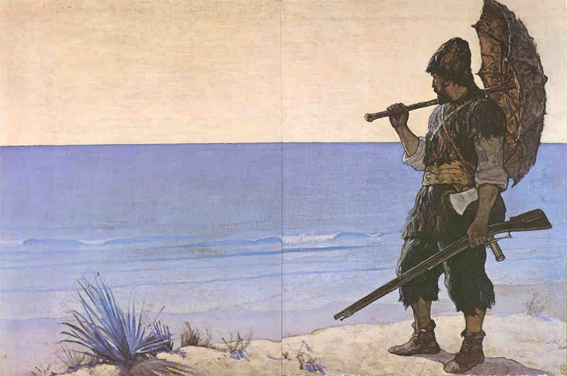Personalmente, no sabría decir mucho de Miguel Delibes, más allá de simples indagaciones en wikipedia sobre su dilatada carrera novelística y su plaza en la Real Academia Española. No he leído otro libro de él que no sea El Príncipe Destronado, del que voy a vertir mis reflexiones más pequeñas y cariñosas. Es el primer libro que leo en dos estadios bien distintos de mi vida: pubertad y e incipiente madurez. Cuando lo leí con 13 años no reparé en la discusiones casi enfermizas de los padres, en la negligencia intencionada de las criadas o la desidia que muestra la Domi con Quico. Ahora, con 23, toda esta vorágine familiar me resuena muchísimo, como comprimida debajo de un revestimiento pueril.
El Príncipe Destronado es un concepto recurrente y literalmente repetido en la novelita, además de ser un título meridianamente claro, para pequeños y grandes. Me hacen gracia las referencias a la España antigua tardofranquista, con La Conquista del Oeste y los cromos (que siempre tanto nos han enzarzado en búsquedas desesperadas), el ColaCao y los Chupachups, enmarcados en una familia fuertemente paternalista y de carácter conservador.
Además, en infinidad de veces, se reprende a Quico, el príncipe destronado, por repasarse, es decir, por mearse encima. A lo largo de la vívida descripción que Quico hace de su familia (en cierto modo el narrador es externo pero no omnisciente, y el léxico de Delibes adereza la visión reduccionista e ingenua de un niño de 4 años) vemos a Pablo, el primogénito, que tiene miedo de enfrentarse a su padre y decirle que no, algo en lo que su madre decide ayudarle. Vemos asimismo las tentativas de las criada Vito para besarse con el Femio a escondidas, algo que sorprende a Quico y lo ve como una mordedura vampírica. La madre de Quico es descrita como la bata blanca de flores, acertado recurso que magnifica la visión caprichosa y sesgada de los niños. El padre mata a muchos malos en la guerra y sus hermanos son testigos de la pasividad alarmante de un padre mezquino con su mujer y ausente. Todo esto descrito con todo lujo de detalles, pero bajo el tamiz de Quico, el príncipe destronado de cuatro años que mucha faena tiene ya para recuperar su posición otrora triunfante, usurpada por su hermanita de un año.

La madre de Quico se siente derrotada y le mortifica pensar cómo será Quico de mayor, mientras mantiene una relación con otro hombre:
-Lo malo es luego -dijo-, el día que falta Mamá o se dan cuenta de que Mamá siente los mismos temores que sienten ellos. Y lo peor es que eso ya no tiene remedio.
El Príncipe Destronado es, sin duda alguna, el paradigma de la lectura madurativa, la lectura por fases que se van superponiendo, desde el niño que se siente marginado hasta la familia desestructurada y envenenada por la desidia del conservadurismo. Un libro que hay que leer, como mínimo, dos veces. No quisiera yo acabar diciendo estas palabras de la madre apática:
-Lo nuestro hace años que ha terminado -señaló a Quico con la barbilla- pero están éstos y hay que fingir. Mi vida es una comedia.




